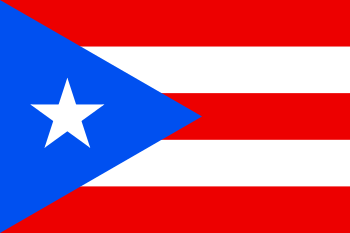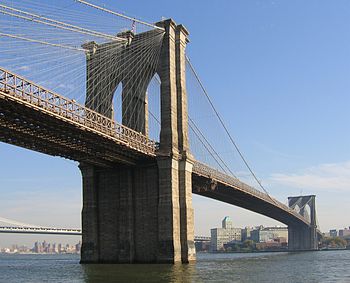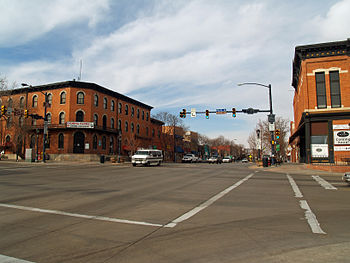The Tennessee Municipal Electric Power Association (TMEPA) is seeking to end Tennessee’s constraint on municipal electric broadband “so that communities can choose their internet providers and to give more Tennesseans access to the fastest broadband speeds in the country.”
TMEPA consists of the state’s 60 municipal systems which serve 2.1 million homes and businesses, or 70 percent of Tennessee’s electric customers. TMEPA is supporting legislation (SB1134 / HB1303) that removes the current limitation on municipal electric broadband providers that restricts broadband service to just its electric service territory. This change in the law would allow municipal electric broadband to expand to more areas where it is needed if those communities want it, the group said. Continue reading








![minnesota-hooks-up-10-gb-fiber-network[1]](https://inphotonicsresearch.com/wp-content/uploads/2014/12/minnesota-hooks-up-10-gb-fiber-network1-1024x576.jpg)
